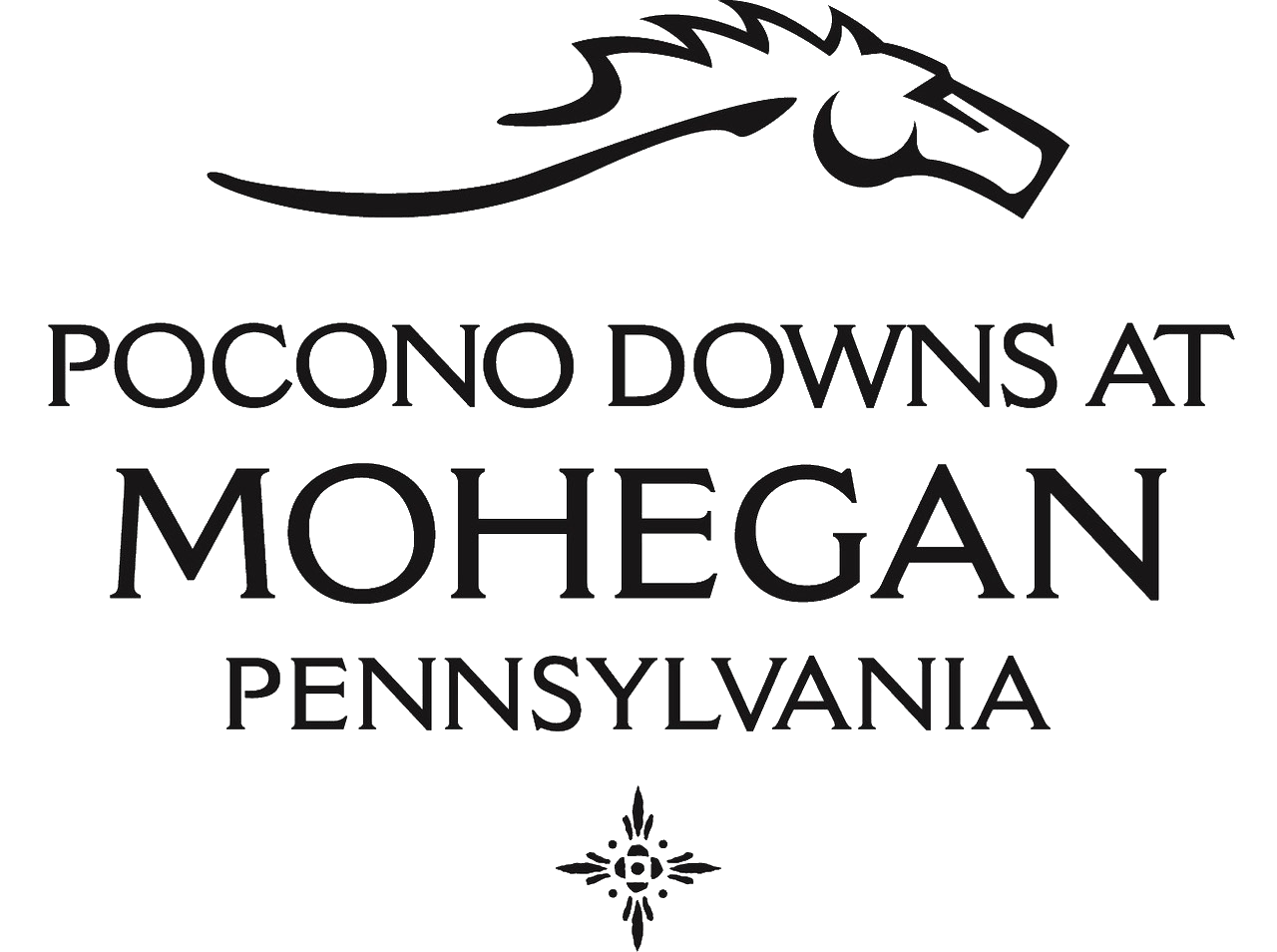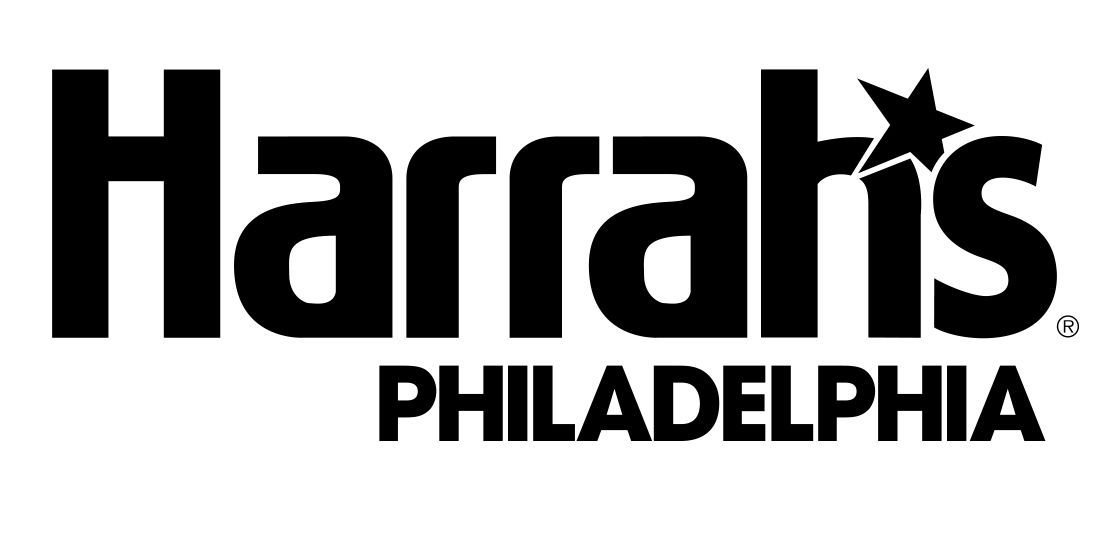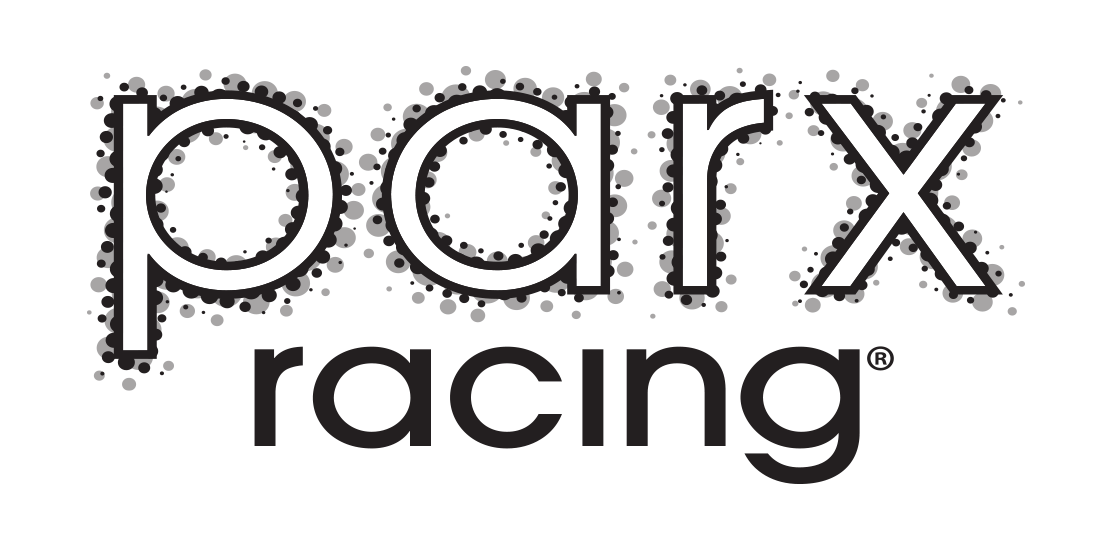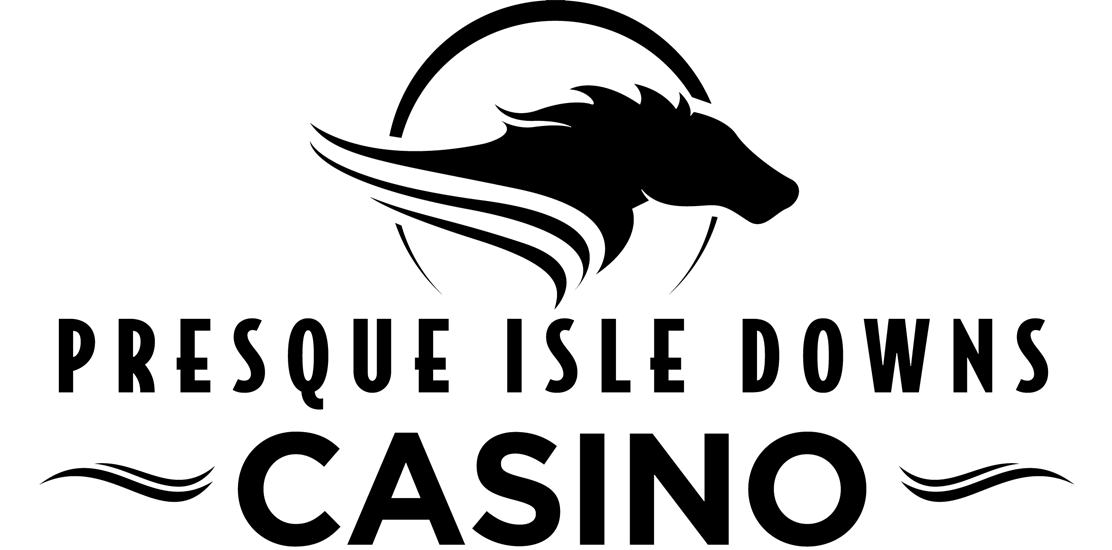Olympic athletes and the NFL, NBA, and MLB incorporate massage therapy into their training and recovery programs. Champion race horses like Romantic Warrior, Free House, and Hard Spun benefitted from massages during their racing careers, and ex-racehorses transitioning into second careers unwind and de-stress with massage.
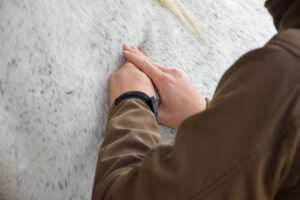 Like human athletes, racehorses undergo physically demanding training regimens when preparing for a race, and trainers carefully manage their training schedules and examine them daily for any signs of stress or injury. As a non-invasive alternative to medications, massage therapy is a tool to enhance a horse’s well-being and performance by improving circulation, reducing inflammation, enhancing muscle tone, and alleviating stress. Massage therapy has been around since ancient times, and race horse trainers realize the benefits of massage therapy leading up to a race and recovering from a race. From the 1930’s to the1960’s , prominent owner/breeder and cosmetic tycoon, Elizabeth Arden instructed her trainers and grooms to massage all her horses and use her beauty creams on their legs. She pampered her horses with massages at the track and at Main Chance Stable just like she did for clients at her well-known health spa, Main Chance Farm in Maine. She enjoyed great success and won a Kentucky Derby with Jet Pilot and was named leading owner in 1945.
Like human athletes, racehorses undergo physically demanding training regimens when preparing for a race, and trainers carefully manage their training schedules and examine them daily for any signs of stress or injury. As a non-invasive alternative to medications, massage therapy is a tool to enhance a horse’s well-being and performance by improving circulation, reducing inflammation, enhancing muscle tone, and alleviating stress. Massage therapy has been around since ancient times, and race horse trainers realize the benefits of massage therapy leading up to a race and recovering from a race. From the 1930’s to the1960’s , prominent owner/breeder and cosmetic tycoon, Elizabeth Arden instructed her trainers and grooms to massage all her horses and use her beauty creams on their legs. She pampered her horses with massages at the track and at Main Chance Stable just like she did for clients at her well-known health spa, Main Chance Farm in Maine. She enjoyed great success and won a Kentucky Derby with Jet Pilot and was named leading owner in 1945.
Top California-bred, Free House benefitted from shiatsu massage before his five year old campaign when he won the Grade 1 Santa Anita Derby, and the late Rick Porter of Fox Hill Farm believed in the benefits of massage therapy for his horses including Pennsylvania- bred Hard Spun. Winner of the Pennsylvania Nursery Stakes at two, Hard Spun received regular massages before races including his second place finish in the 2007 Kentucky Derby. Hong Kong based and multiple Group 1 winner Romantic Warrior stays in top condition thanks to a daily physiotherapy routine that includes massage, stretching, and exercise.
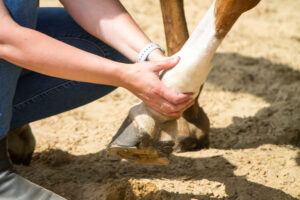 According to massage therapist, Sue Smith of Cedarline Equine Services in New Oxford, PA, “massage therapy is a non invasive treatment that compliments traditional veterinary medicine. Massage stimulates cells and circulation, reduces inflammation, and eases muscle spasms. It also helps to increase the production of synovial fluid which is a natural lubrication for the joints.” Sue Smith is a certified equine massage therapist and received her certification through Animal Rehab Institute in Loxahatchee, Florida. A lifelong horseman and dressage competitor, Sue Smith is executive director of CANTER PA, a non-profit that re-homes retiring race horses. “Massage therapy benefits horses that are transitioning from racing to other careers like showing, dressage, or pleasure riding. It helps de-stress the horse and relaxes them. The Masterson Method of massage works with the horse, not on the horse using gentle tension to relieve tension and stress in the muscles,” she said. Sue also offers professional services in PEMF Equine Therapy and the SURE FOOT Equine Stability Program.
According to massage therapist, Sue Smith of Cedarline Equine Services in New Oxford, PA, “massage therapy is a non invasive treatment that compliments traditional veterinary medicine. Massage stimulates cells and circulation, reduces inflammation, and eases muscle spasms. It also helps to increase the production of synovial fluid which is a natural lubrication for the joints.” Sue Smith is a certified equine massage therapist and received her certification through Animal Rehab Institute in Loxahatchee, Florida. A lifelong horseman and dressage competitor, Sue Smith is executive director of CANTER PA, a non-profit that re-homes retiring race horses. “Massage therapy benefits horses that are transitioning from racing to other careers like showing, dressage, or pleasure riding. It helps de-stress the horse and relaxes them. The Masterson Method of massage works with the horse, not on the horse using gentle tension to relieve tension and stress in the muscles,” she said. Sue also offers professional services in PEMF Equine Therapy and the SURE FOOT Equine Stability Program.
Massage therapists use several massage techniques including effleurage which is a gentle and soothing warming up of the muscles to prepare them for deeper work. Petrusage is a kneading motion that relieves muscle tension and increases blood flow, and the compression technique applies pressure to specific muscles and “knots” to loosen them and remove toxins. Myofascial release concentrates on the connective tissue surrounding the muscle, and range of motion exercises moves limbs through their natural range to relieve stiffness and tightness. Massage is not a replacement for veterinary diagnostics, but a tool to enhance a horse’s well being and performance.
Equine massage therapists in Pennsylvania do not require certification, but Delaware Valley University in Doylestown, PA offers a certification course in equine massage therapy for people wishing to pursue a career in the field. The course includes classes in equine anatomy and physiology, massage techniques, pathologies of equine skeletal and muscle structures, and identification of performance problems and corrective therapy. The course also includes classes in business planning, marketing, and rules and regulations for starting a business in PA. The instructor is Dr. Michael Burak, D.C. The course also includes hands on instruction and visits to local farms
Race horses benefit from massage therapy both mentally and physically. Used as a preventative, massage protects against injuries and enhances performance by relieving stiffness, reducing inflammation, promoting blood flow and improving circulation. Massage relieves stress and improves mood, and after intense training or racing, massage reduces recovery time by maintaining flexibility and alleviating muscle fatigue. Overall, equine massage is a safe, drug free therapy for race horses to help achieve their competitive best.
